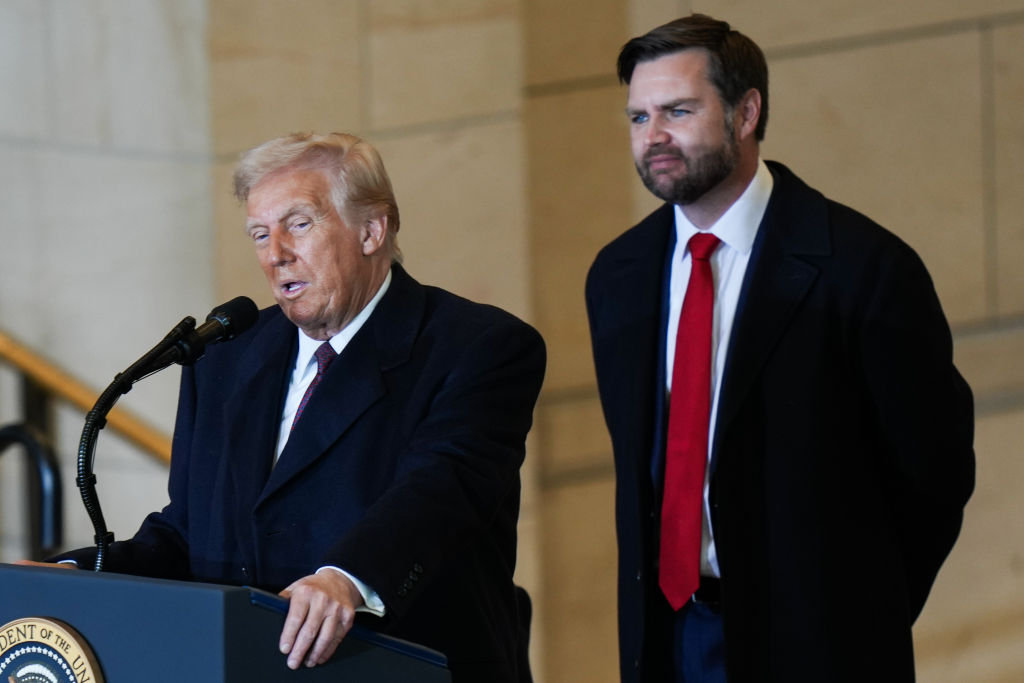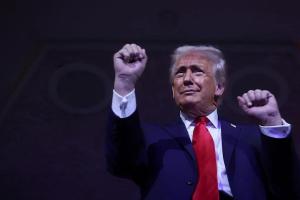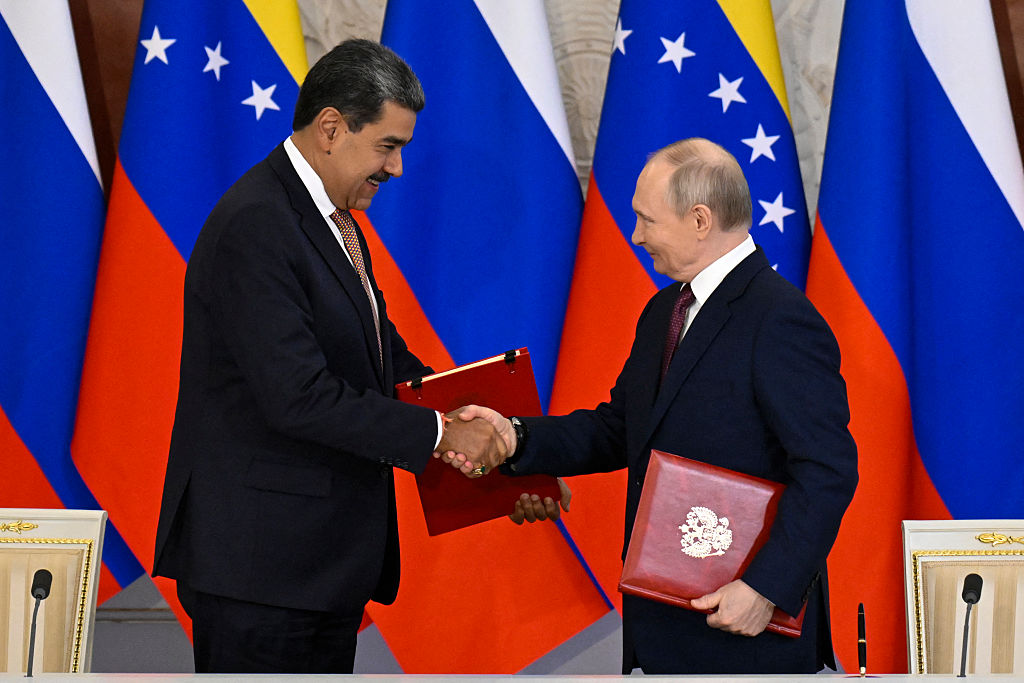The mood in Washington, at least in the quarters I frequented, has been almost giddy these past few days. I watched Donald Trump’s second inauguration ceremony from the snug fastness of a secure, undisclosed location close to the White House. Joining me were about 300 politically mature citizens. Some were young, some old; some male, some female; many walks of life were represented. There were periodic cheers during the address, beginning with Trump’s declaration of “a national emergency at our southern border.
“All illegal entry will immediately be halted,” he said, “and we will begin the process of returning millions and millions of criminal aliens back to the places from which they came.”
My comrades liked that. They also like it when Trump said that, henceforth, the US government would recognize only two sexes, male and female. That got a big cheer, as did his promise to “drill, baby, drill” for natural gas and oil. People erupted with glee when he promised to “take back” the Panama Canal and affirmed that what had been called the “Gulf of Mexico” would henceforth be called “the Gulf of America.” He promised to end the weaponization of the Department of Justice and other governmental agencies, restore faith in our national institutions and return to a policy of “common sense.” The “golden age” of America, Trump said, had begun.
I think Trump’s speech is one of the most rousing and substantive in American history. The NeverTrump fraternity disagreed, of course, but they are now a sad, broken and irrelevant lot.
Trump moved quickly to show that his administration would not be a colloquy of words only. It would be a locomotive of deeds. Within hours of taking office, he had issued some 200 executive orders and proclamations, affecting everything from immigration and the border to taxes and the cost of living. And he did so while chatting and fielding questions from reporters. He ordered that the US withdraw from the Paris climate accords and the World Health Organization and directed that federal workers return to full-time, in-person work. He also issued pardons or commutations for some 1,500 people who had been caught up the the DoJ’s politicized dragnet following the protest at the Capitol on January 6, 2021.
The subject of pardons has been much in the air for the last couple of months. In December, Joe Biden issue an extraordinary blanket pardon for his son Hunter, who had been convicted of tax and gun crimes. The absolution pertained not only to the crimes Hunter had been charged with, but also anything he may have done going back to 2014, the year when Hunter began his excellent adventure siphoning off money from Ukrainian gas companies for the Biden coffers.
But Biden wasn’t done exercising the pardon power that the Constitution affords the president. Just a few days before leaving office he issued what we might call proleptic pardons for former chairman of the joint chiefs of staff Mark Milley, Anthony Fauci, former congresswoman Liz Cheney and all the members of the House January 6 investigatory committee. Then, on the morning of January 20, a mere twenty-odd minutes before his term ended, he issued preemptive pardons for his siblings and their spouses. Most serious commentators were unamused.
But Biden’s surreal actions do raise an interesting question. What is a pardon? The dictionary tells us that the word has basically two meanings. One meaning is “forgiveness for an offense.” The second, cognate meaning is a little more technical: “An order that releases a convicted criminal without further punishment, prevents future punishment, or (in some jurisdictions) removes an offense from a person’s criminal record, as if it had never been committed.”
Article II, Section 2, of the United States Constitution, invests the president with the power “to grant Reprieves and Pardons for Offenses Against the United States.” But does it also endow the president to issue blanket immunizations to people who have not been charged with any crime but who might on some future occasion be discovered to have committed some? I am no constitutional scholar, but I can well imagine that many such paragons will say “No, it doesn’t.” In any event, although Biden hope to put many of his cronies and family members beyond the reach of the law, I am confident that we have not heard the last of his wholesale abuse of presidential pardon power. As my friend Mike Davis has been saying a lot lately, the objects of Biden’s clemency would be well advised to lawyer up.


























Leave a Reply